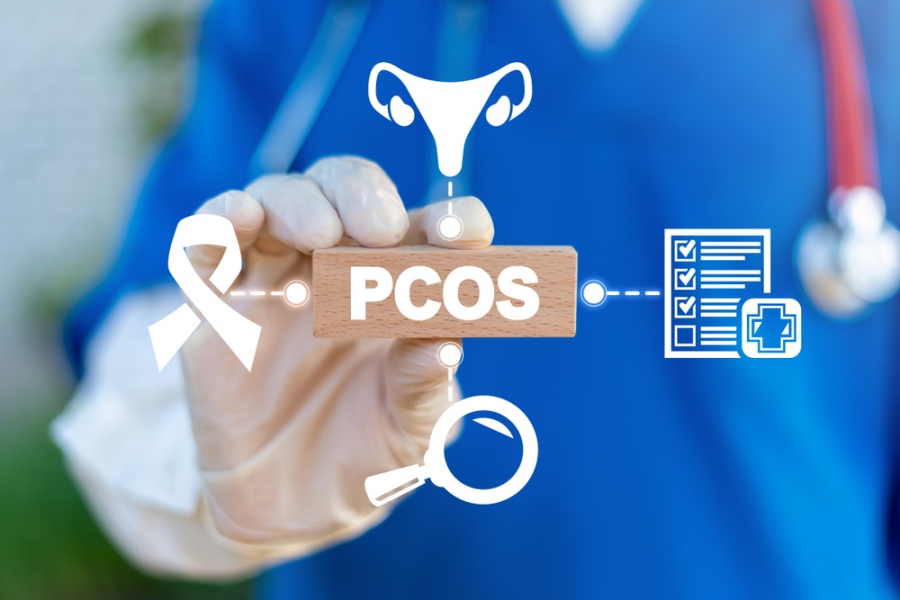If you’re diagnosed with Polycystic Ovary Syndrome, you have a lot to digest. It’s a complex condition that affects your body in a lot of different ways. If you’re trying to understand how you can help to lessen those symptoms you have a lot of research to do – the effects on your fertility are important but they are by no means the only impact PCOS has on your body.
Today we’re looking at some of the effects of PCOS, and what you can do about them, to aid your understanding.

PCOS and Fertility
One of the first things everyone knows about PCOS is that it makes it harder for you to have children. The extent to which it affects your fertility is not widely understood – people find themselves asking “do you ovulate with PCOS at all?”
The good news is: yes. Except in the most severe cases, you will still ovulate, though it may be less frequent, and less regular than for women without PCOS. The hormone imbalance that drives the condition delays your ovaries’ ability to mature eggs, making ovulation unpredictable!
Because you’re not ovulating on a schedule, it’s harder for you to find those key times around ovulation when you’re at your most fertile, which makes it harder for you get pregnant.
Weight Gain
The primary driver of Polycystic Ovary Syndrome is an excess of insulin. This causes your body to produce too much of more hormones, which between them cause a lot of the symptoms. That insulin excess directly causes one of the most noticeable, and impactful symptoms of PCOS: weight gain.
If you have too much insulin in your system, your body can become resistant to it. This means you start to produce more and more of the hormone, to less and less effect. This means your body can’t manage its blood sugar levels, which leads to weight gain.
The good news is that if you can attack this significant symptom of PCOS, you can effect the whole syndrome! If you can lose some of that weight with a GI controlled diet, and food supplements like Inositol, you can also help to bring your insulin levels under control. As your insulin levels drop, the levels of the other hormones involved in PCOS drop as well, leading to a reduction in symptoms across the board!
